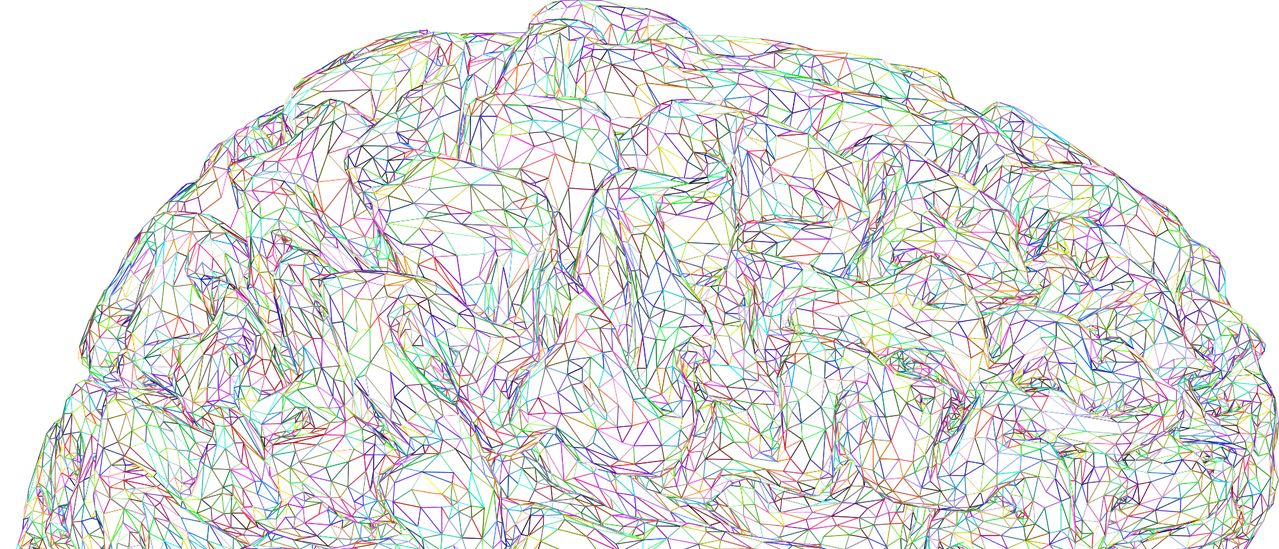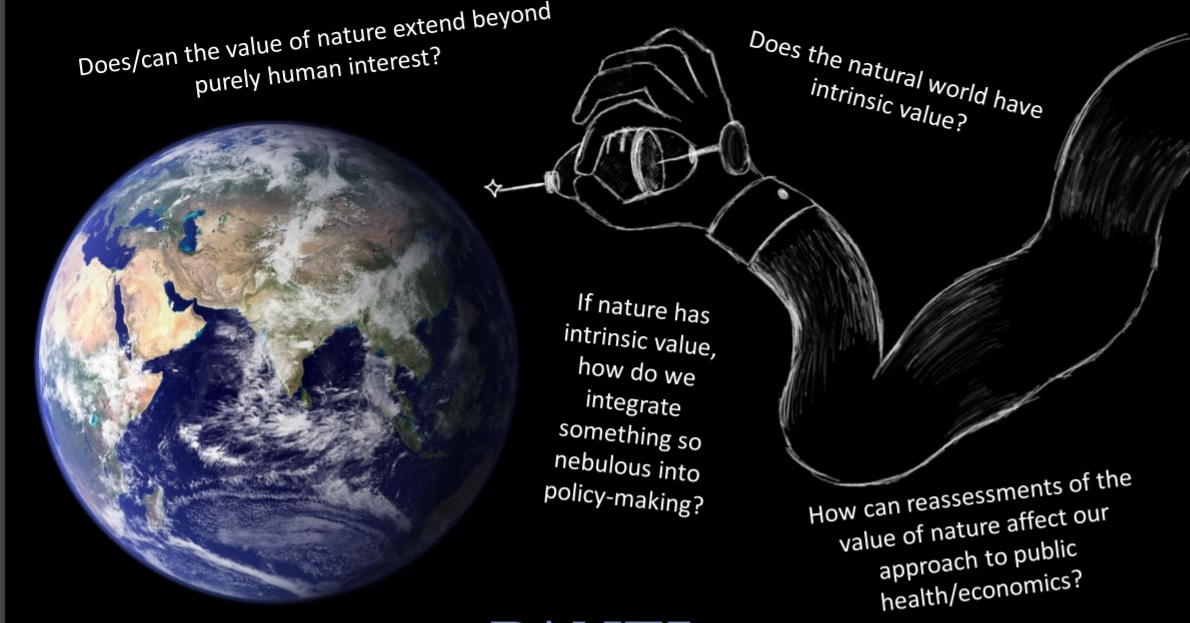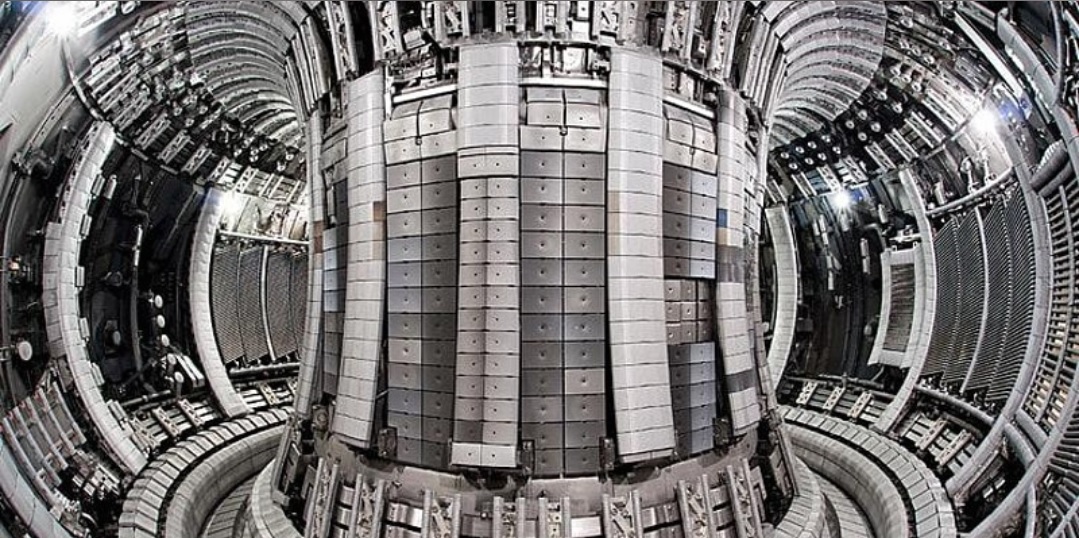Grand Challenges Seminars 2021
Brain Computer Interfaces - (this seminar has had to be rescheduled, new date tbc)

Presented by Students in the BBSRC DTP in Interdisciplinary Bioscience
Dr. Edward Chang is a neurosurgeon at UC San Francisco specializing in the treatment of intractable epilepsy, trigeminal neuralgia, and brain tumors. His research focuses upon the brain mechanisms for human speech, movement, and cognition.
Register here https://www.eventbrite.com/e/oxford-university-grand-challenges-seminar-brain-computer-interfaces-tickets-192212862847
Other Topics currently under development will be delivered in the autumn term:
BBSRC/NERC: Food security
SABS: Drug discovery for aging
SABS: Genetic engineering in humans
CIC/BBSRC: Climate change
Previous seminars this year
Why is Nature Valuable? - 14th September @ 5pm

Presented by Students on the NERC DTP in Environmental Research
Why is nature valuable? Why protect and conserve the environment? Protecting the environment is an increasing priority for life in the 21st century, however there is little discussion in the public eye as to why to do so. In this seminar, three speakers will address reasons for conserving nature, specifically focusing on its benefits towards health and the economy, as well as addressing nature’s intrinsic value and how this should motivate conservation.
The Panel
Sejal Patel, Researcher at the International Institute for Environment and Development (IIED). Her work focuses on climate and environment finance, public policy, and governance, particularly in relation to low-carbon climate-resilient development, and on the themes of supporting inclusive and equitable processes that bridge local priorities and voices with the national and international levels.
Prof Michael Paul Nelson, Ruth H. Spaniol Chair in Renewable Resources and Professor of Environmental Ethics and Philosophy at Oregon State University. Though a philosopher by training, Michael works extensively with ecologists and social scientists. He is a collaborator with the Isle Royale Wolf-Moose Project in Lake Superior, US, the longest continuous predator-prey study in the world, and he serves as the Lead Principle Investigator for the HJ Andrews Experimental Forest Long-Term Ecological Research Program, funded by the US National Science Foundation, in the Oregon Cascade Mountains.
Dr Daniela Fecht, Lecturer in Geospatial Health, Faculty of Medicine, Imperial College London. Daniela’s work focuses on geographical variation in population health, and environmental and health inequality.
Register here: https://www.eventbrite.co.uk/e/why-is-nature-valuable-tickets-169973827293 the Zoom link will be provided to you via email prior to the seminar.
The Scientific Truth - 4th August 2021 @ 4pm

Presented by Students in the BBSRC DTP in Interdisciplinary Bioscience
In an era where society is relying heavily on science to remain afloat, the challenges and inconsistencies associated with the scientific method are feeling the pressure. Stemming from a reproducibility and collaborative crisis, all the way to the outlet of fake scientific news supplied by media and the historical context of health racial inequalities, we have reached a critical breaking point. The lack of scientists in policy, mediocre media portrayal and low cultural diversity are having a negative impact on our work. Is the scientific process broken? Have we reached the point of no return?
In this hour-long free seminar, three expert speakers and the authors of “Covid-19 and ethnicity: how the information gap exacerbates inequality” will address these questions in a series of brief talks followed by open discussion.
The Panel
Rooah Omer is a specialist registrar in public health medicine who currently works in the health protection field in London
Dr Shruti Patel is a specialist registrar in public health medicine, working both in the Kent health protection team and as a paediatric doctor.
Dr Danielle Solomon is a specialist registrar in public health medicine and a Wellcome Trust clinical PhD fellow at the Institute for Global Health in University College London.
Register here: https://www.eventbrite.co.uk/e/oxford-university-grand-challenges-seminar-series-the-scientific-truth-tickets-156876254099
Fusion is the solution - 9th June 2021 @ 3pm

Presented by students in the NERC DTP in Environmental Research
Unlimited clean energy. That is the unfulfilled promise of fusion energy. For the past 70 years, science has made steady progress towards the goal of a fusion plant that produces more energy than it uses and today we are tantalizingly close to realising that ambition.
Why is fusion so attractive? When might we have commercial fusion plants? Is progress fast enough to have any impact on climate change? In this hour-long free seminar, three expert speakers will address these questions in a series of short talks. It is also your chance to have your questions answered during the concluding Q&A.
The Panel
Sir Steven Cowley is the director of the Princeton Plasma Physics Laboratory, former head of Corpus Christi College Oxford and former CEO of the UK Atomic Energy Authority.
Dr Melanie Windridge is a plasma physicist and science communicator. She is the author of two books on plasma and fusion science.
Prof Dennis Whyte is the director of the MIT Plasma Science and Fusion Center and Hitachi America Professor of Engineering. He has been a key orchestrator of the SPARC fusion experiment.
Register here: Oxford University Grand Challenges Seminar Series: Fusion energy Tickets, Wed 9 Jun 2021 at 15:00 | Eventbrite



